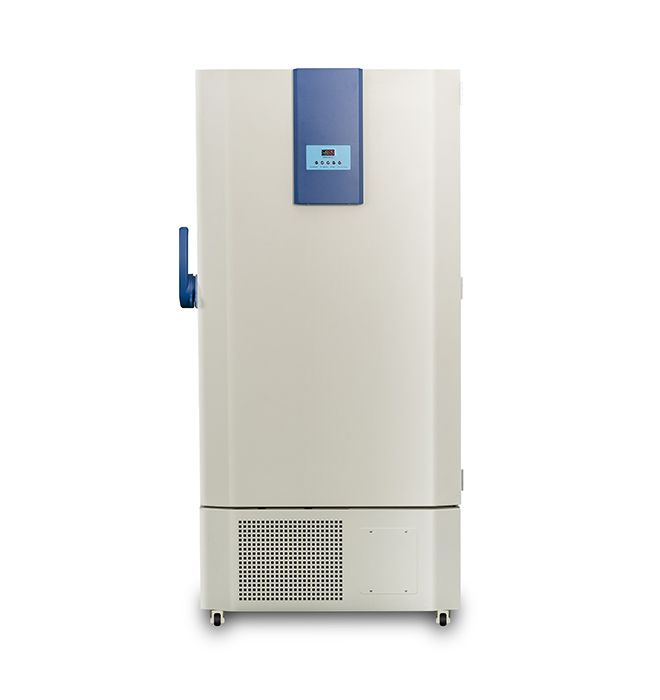青岛凯博生物科技有限公司
地址:山东省青岛市即墨市蓝村镇三城路433号
售后服务电话: +400-118-3626
电子邮件: info@carebios.com
2020 - 12

On December 8, the United Kingdom became the first country in the world to begin vaccinating citizens with Pfizer's fully approved and vetted COVID-19 vaccine. On December 10, The Food and Drug Administration (FDA) will meet to discuss emergency authorization of the same vaccine. Soon, countries worldwide will be following suit, taking precise steps to safely deliver millions of these tiny glass vials to the public.
Maintaining the necessary sub-zero temperatures required to preserve the vaccine's integrity will be a major logistic for vaccine distributors. Then, once the long-awaited vaccines finally reach pharmacies and hospitals, they must continue to be stored at sub-zero temperatures.
Why Do COVID-19 Vaccines Require Ultra-low Temperatures?
Unlike the influenza vaccine, which requires storage at 5 degrees Celsius, Pfizer's COVID-19 vaccine requires storage at -70 degrees Celsius. This sub-zero temperature is only about 30 degrees warmer than the coldest temperatures recorded in Antarctica. Though not quite cold, Moderna's vaccine still requires below zero temperatures of -20 degrees Celsius, so as to maintain its potency.
To fully understand the need for freezing temperatures, let's examine the vaccine components and how these innovative vaccines work exactly.
mRNA Technology
Typical vaccines, like seasonal influenza, to date have used a weakened or inactivated virus to stimulate an immune response in the body. The COVID-19 vaccines produced by Pfizer and Moderna use messenger RNA, or mRNA for short. mRNA turns human cells into factories, enabling them to create a specific coronavirus protein. The protein generates an immune response in the body, as if there was an actual coronavirus infection. In the future, if a person is exposed to coronavirus, the immune system can more easily fight it off.
mRNA vaccine technology is very new and the COVID-19 vaccine will be the first of its kind to be approved by the FDA.
The Fragility of mRNA
The mRNA molecule is exceptionally fragile. It doesn't take much to cause it to disintegrate. Exposure to erratic temperatures or enzymes can damage the molecule. To protect the vaccine from enzymes in our body, Pfizer has wrapped the mRNA in oily bubbles made of lipid nanoparticles. Even with the protective bubble, the mRNA could still quickly degrade. Storing the vaccine at sub-zero temperatures prevents this breakdown, maintaining the integrity of the vaccine.
Three Options for COVID-19 Vaccine Storage
According to Pfizer, vaccine distributors have three options when it comes to storing their COVID-19 vaccines. Distributors can use an ULT freezers, use the thermal shippers for temporary storage for up to 30 days (must refill with dry ice every five days), or store in a vaccine refrigerator for five days. The pharmaceutical manufacturer has deployed thermal shippers utilizing dry ice and GPS-enabled thermal sensors to avoid temperature excursions while en route to the point of use (POU).